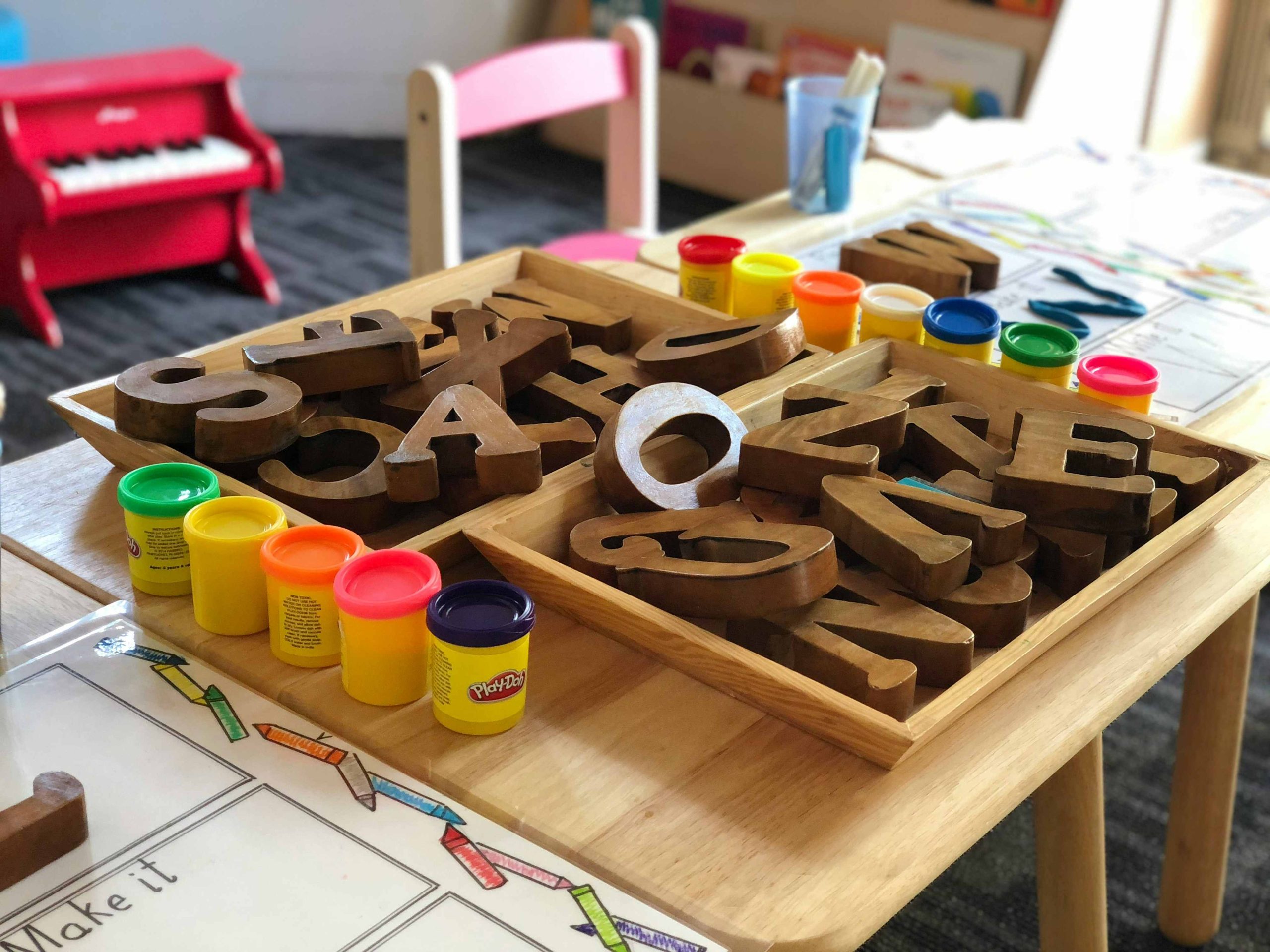
Engaging and Educational Daycare Center Activities for Preschoolers
As a parent, deciding to send your child to daycare can be tough. You want a safe, nurturing environment where they learn and grow. One way to ensure this is by choosing a daycare with engaging, educational activities. This article explores top daycare center activities for preschoolers.
Art and Creativity
Art and creativity are crucial for child development, enhancing fine motor skills, problem-solving, and imagination. Activities like finger painting, drawing, collage making, and clay sculpting allow safe exploration of colors and textures.
Music and Movement
Music and movement foster physical and social development in preschoolers. Singing, dancing, playing musical instruments, yoga, and group games are popular options to improve coordination and rhythm.
Language and Literacy
Language and literacy skills are fundamental for preschoolers. Storytime, writing practice, alphabet games, and phonics activities offered in daycare centers enhance vocabulary, reading, and writing abilities.
Science and Nature
Science and nature activities encourage curiosity and exploration. Sensory bins, nature walks, gardening, and animal encounters provide hands-on learning experiences, developing scientific thinking skills.
Physical Education and Sports
Physical education and sports activities promote fitness and teamwork. Games like tag, hopscotch, relay races, ball games, gymnastics, and outdoor obstacle courses enhance gross motor skills and social interaction.
Dramatic Play
Dramatic play allows preschoolers to use their imagination and develop social skills. Dress-up, puppet shows, storytelling, and imaginative play with toys enable role-playing and creative expression.
Cooking and Nutrition
Cooking and nutrition activities teach preschoolers about healthy eating habits. Making snacks or simple meals, food tasting, gardening, and learning about food groups improve fine motor skills and understanding of nutrition.
Technology
Introducing technology in a safe, educational way is essential. Educational apps, coding, robotics, and digital storytelling activities help preschoolers develop computer literacy and problem-solving skills.
Sensory Play
Sensory play activities stimulate senses and cognitive skills. Playing with sensory bins, playdough, water play, and sensory walks allow exploration of different textures and materials.
Field Trips
Field trips provide hands-on learning experiences and exposure to new environments. Visits to museums, science centers, farms, zoos, parks, and community events enhance curiosity and understanding of the world.
Outdoor Play
Outdoor play is crucial for physical development and appreciation of nature. Playground time, nature walks, gardening, and sports games encourage running, jumping, climbing, and exploration.
Circle Time
Circle time activities promote social and academic skills in group settings. Singing songs, rhymes, storytime, show-and-tell, and group discussions improve attention span, listening skills, and following instructions.
Quiet Time
Quiet time activities help preschoolers relax and recharge. Reading books, coloring, drawing, and puzzles develop self-regulation, focus, and creativity.
Free Play
Free play encourages imagination and social interaction. Playing with toys, art materials, dress-up, and board games fosters independence and peer interaction in an unstructured setting.
Special Events
Special events create memorable experiences and build social skills. Birthday parties, cultural celebrations, talent shows, and charity drives promote community, empathy, and inclusivity.
Parent Involvement
Parent involvement strengthens the daycare experience. Parent-teacher conferences, volunteering, family events, and newsletters foster communication, trust, and support between parents and daycare staff.
Multi-Age Groups
Multi-age groups provide diverse learning opportunities. Buddy time, team projects, mentoring programs, and peer tutoring promote social skills, empathy, and leadership.
Play-Based Learning
Play-based learning enhances academic and social skills in an enjoyable way. Imaginative play, sensory bins, block building, and science experiments develop creativity, problem-solving, and self-esteem.
Cultural Diversity
Cultural diversity activities promote appreciation for different cultures. Celebrating holidays, food tastings, language lessons, and music and dance performances foster respect, understanding, and global awareness.
Positive Reinforcement
Positive reinforcement builds self-esteem and good behavior. Reward systems, praise, and recognition for achievements motivate preschoolers and create a positive learning environment.
Safety and Security
Ensuring safety and security is paramount. Secure entry systems, strict sign-in/out procedures, proper supervision, and staff training in CPR and first aid provide peace of mind for parents.
Conclusion
In conclusion, high-quality daycare centers offer diverse activities that engage and educate preschoolers in a safe, nurturing environment. By incorporating these activities, daycare centers support the holistic development of children, preparing them for future success.


